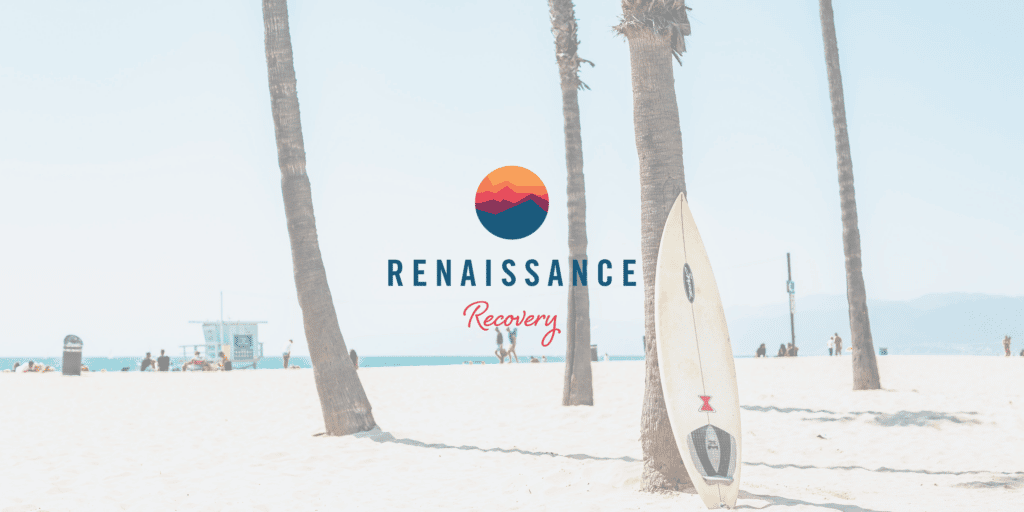While some people find short stints in rehab are enough for the treatment of mild substance use disorders, others with more severe addictions find long-term rehab is the most effective springboard for recovery.
All the best rehab centers will offer an array of time-limited treatment programs, including:
Need help getting addiction treatment?
- 30-day rehab
- 60-day rehab
- 90-day rehab
- Long-term drug and alcohol rehab
Recovery from alcohol use disorder or substance use disorder (the clinical descriptors for alcoholism and drug addiction) is a lifelong process that is not always linear. Most estimates show that anywhere from 40% to 60% of those in recovery relapse at least once.
Having said that, research shows that longer treatment times for addictions typically generate more positive outcomes. While long-term rehab is not essential for everyone, this intensive form of rehabilitation is invaluable for some struggling with severe addictions and co-occurring disorders (addictions with co-occurring mental health conditions).
What Does Long-Term Rehab Mean?
Long-term rehab is intended for those requiring comprehensive help in many areas in the wake of sustained substance abuse.
With long-term rehab, you’ll get more than a baseline level of care in the form of detox and rehab. A treatment team can help you to manage chronic health conditions triggered by alcohol or drug abuse. You will also have ample time to work on crucial life skills that may have suffered due to your substance abuse.
While many people find shorter spells in rehab of up to 90 days provide a firm foundation for ongoing recovery, others need more protracted therapy and rehabilitation. Rehab lasting for 6 months or more is usually classified as long-term rehab.
During this time, clients will go through many phases of the addiction treatment process, which can include detox, inpatient rehab, individual and group therapies, holistic treatment, partial hospitalization, outpatient rehab, and more.
Most long-term rehab programs are residential, meaning you will stay at the treatment center for the duration of therapy. Clearly, this route to rehab is impractical for many people with personal and professional commitments. As such, long-term rehab is also offered in an outpatient setting. Alternatively, you may engage with a few weeks of inpatient treatment before continuing your long-term treatment in an outpatient setting.
ASAM (the American Society of Addiction Medicine) categorizes addiction treatment by the following five levels:
- Early intervention
- Outpatient treatment
- Intensive outpatient program
- Partial hospitalization program
- Clinically-managed residential rehab
Throughout a longer term rehab, you may step down through several levels on this continuum of care.
Long-term rehab generally delivers these goals:
- Offering around-the-clock support and structure in recovery.
- Encouraging self-sufficiency.
- Providing a safe and sober environment where you can practice implementing new coping skills.
- Delivering vocational development programs and connecting you with the community.

How Long is a Long-Term Drug Program?
The length of stays in long-term residential treatment vary from 3 months to 6 months and more. This will depend on your personalized circumstances and your treatment plan.
If you want to know what a long-term rehab stay would look like for you or your loved one, reach out to our admissions team today and learn more about what long-term rehab entails and what you can expect.
Longer term outpatient rehab can continue for as long as necessary in line with your situation.
What You Should Expect at a Long-Term Rehab Facility
Regardless of the length of your long-term rehab program, everything starts with a comprehensive assessment and evaluation. This will form the basis of your individualized treatment plan.
Most 6-month rehab programs start with a few weeks of intensive inpatient treatment. From here, you can expect to step down to intensive outpatient treatment. Attendance at 12-step meetings may also form part of your treatment plan.
Long-term rehab lasting for a year or more is usually termed long-term residential rehab. These programs can last for years, offering continuous care in a non-hospital setting.
Most longer rehab programs unfold similarly:
- Assessment and evaluation
- Detox
- Addiction treatment
- Aftercare
Whatever variation you find among long-term rehab programs, they will all offer access to the same array of therapies, including:
- Psychotherapy: Talk therapies help you change negative thoughts and behaviors by using healthy coping strategies. CBT (cognitive behavioral therapy) and DBT (dialectical behavior therapy) are the most common forms of psychotherapy for treating addiction and mental health disorders.
- Medication-assisted treatment: FDA-approved medications work well for treating alcohol use disorder and opioid use disorder, making detox and withdrawal less intense and reducing the risk of relapse.
- Family support and therapy: Start repairing relationships damaged by your substance abuse with the help of an experienced coordinator.
- Holistic therapies: Evidence-based addiction treatment at a longer rehab is often supplemented by a variety of holistic treatment from mindfulness to meditation.
- Counseling: Both individual and group counseling is effective for tackling the psychological aspect of alcoholism and drug addiction.

Renaissance Recovery’s Long-Term Rehab
Here at Renaissance Recovery, we offer a variety of personalized long-term rehab to suit your needs. No two addictions are alike, so you will get treatment in line with your needs.
We specialize in the outpatient treatment of both alcohol use disorder and substance use disorder. We can also help you if you’re struggling with a mental health condition like depression or anxiety. Our dual-diagnosis treatment program is ideal for anyone with a co-occurring addiction and mental health condition.
For all those requiring more support in their recovery, we provide both intensive outpatient programs (IOPs) and partial hospitalization programs (PHPs) here at Renaissance Recovery’s California and Florida rehab programs.
Through a combination of research-backed therapies and holistic rehab, you can build the firmest foundation in long-term rehab, maximizing your chances of lifelong recovery. Take the first vital step on that journey by calling admissions today at 866.330.9449.



